The electric vehicle (EV) revolution is well underway, with more drivers than ever making the switch to eco-friendly transportation. But with the rise in EV adoption comes a critical question: what happens to all those batteries once they've reached the end of their lifespan?
Enter electric vehicle battery recycling, a burgeoning industry that’s key to ensuring the sustainability of EVs for the long haul.
Why EV Battery Recycling Matters
EV batteries, typically made from lithium-ion, are powerhouses of technology but also contain valuable—and finite—materials like lithium, cobalt, and nickel. Here's why recycling these batteries is essential:
-
Resource Conservation: Mining these materials is costly, energy-intensive, and often environmentally destructive. Recycling batteries reduces the need for virgin materials, conserving resources and lowering the carbon footprint.
-
Waste Reduction: Improperly discarded EV batteries can leak harmful chemicals into the environment. Recycling prevents hazardous waste from ending up in landfills or waterways.
-
Economic Opportunity: The recycled materials can be reused in new batteries, reducing production costs for manufacturers while creating jobs in the recycling sector.
%20battery%20being%20transformed%20into%20a%20new%20source%20of%20energy%20storage%20for%20the%20grid.%20The%20scene%20shows.webp?width=1792&height=1024&name=DALL%C2%B7E%202025-01-10%2016.28.33%20-%20An%20artistic%20representation%20of%20an%20old%20electric%20vehicle%20(EV)%20battery%20being%20transformed%20into%20a%20new%20source%20of%20energy%20storage%20for%20the%20grid.%20The%20scene%20shows.webp)
Extending the Battery Lifecycle: Second Life and Grid-Scale Energy Storage
While EV batteries eventually lose efficiency for vehicle use, they can still contribute to the energy ecosystem. Batteries in their “second life” can serve as grid-scale energy storage solutions, providing immense value to energy management systems.
Electrum, a leader in smart EV charging solutions, is currently working with their partners to deploy grid-scale batteries for energy storage. These batteries will:
- Offset Demand Charges: By integrating energy storage with DC fast chargers (DCFC), Electrum can help property owners reduce peak electricity costs by offsetting demand charges, a significant expense for commercial EV charging stations.
- Support Grid Balancing: Grid-scale batteries provide stability by storing energy during off-peak times and releasing it when demand is high, helping to balance the grid.
- Enable Renewable Integration: These systems are critical for expanding renewable energy usage, storing surplus energy from solar or wind for later use.
By giving EV batteries a second life, Electrum is contributing to a circular energy economy and paving the way for cost-efficient, sustainable EV charging infrastructure.
The Current State of EV Battery Recycling
While the EV industry has made strides, recycling rates are still low. According to a 2022 report by the International Energy Agency (IEA), only about 5% of lithium-ion batteries are currently recycled globally [1]. This is largely due to:
- Complex Recycling Processes: EV batteries are challenging to disassemble, requiring specialized equipment and expertise.
- Lack of Infrastructure: Recycling facilities are still catching up to the rapid growth of the EV market.
- Limited Regulations: Policies on EV battery recycling vary widely, with some countries more advanced than others.
However, companies and governments worldwide are stepping up. For example:
- Redwood Materials (USA): Founded by a Tesla co-founder, this company specializes in recovering materials like lithium and nickel from used EV batteries [2].
- Li-Cycle (Canada): A leader in hydrometallurgical processes, which recover up to 95% of battery materials with minimal waste [3].
- European Union: Recently enacted regulations mandate that EV batteries sold in the EU must include a certain percentage of recycled materials by 2030 [4].
Innovations Shaping the Future
The good news? The EV battery recycling industry is innovating rapidly. Some breakthroughs include:
- Automation in Recycling: Robotics and AI are being used to safely dismantle batteries, reducing costs and improving efficiency [5].
- Direct Recycling: A newer method that skips the energy-intensive process of breaking down materials into their raw form, preserving their chemical structure for reuse [6].
- Policy-Driven Growth: Governments are incentivizing recycling through subsidies and regulations, helping create a circular economy for batteries [1].
How Electrum is Shaping the Future of Energy
Electrum is leading the charge in making EVs and their infrastructure more sustainable. By combining grid-scale battery systems, cutting-edge energy management, and smart EV charging solutions, Electrum is tackling key challenges:
- Reducing costs for EV owners and operators.
- Enhancing grid reliability.
- Maximizing the value of second-life batteries.
These initiatives, coupled with advancements in EV battery recycling, are vital steps toward a truly circular energy ecosystem.
Stay tuned to find out more about these exciting projects!
What You Can Do as an EV Owner
As an EV owner, you can play a role in promoting sustainability:
- Choose brands with recycling programs: Many automakers, like Tesla, BMW, and Nissan, have initiatives to recycle or repurpose used batteries.
- Educate yourself on local recycling options: Some regions offer drop-off points for used EV batteries.
- Support sustainable innovations: Companies like Electrum are creating scalable solutions for energy storage and grid integration—advocate for such forward-thinking initiatives in your community.
The Road Ahead
The EV battery recycling industry, alongside grid-scale energy innovations like those being developed by Electrum, is poised for explosive growth. By closing the loop and creating a circular economy, we can reduce the environmental impact of EVs, conserve resources, and pave the way for a cleaner, greener future.
Thanks for reading!
Sources:
- International Energy Agency: https://www.iea.org/reports/global-ev-outlook-2023
- Redwood Materials: https://www.redwoodmaterials.com
- Li-Cycle: https://li-cycle.com
- European Commission Battery Regulations: https://ec.europa.eu
- Advances in Automation for Battery Recycling: https://www.sciencedirect.com/science/article/abs/pii/S2589004222001558
- Advances in Direct Recycling Methods: https://pubs.acs.org/doi/full/10.1021/acsenergylett.1c01483
Jan 10, 2025 8:13:55 PM
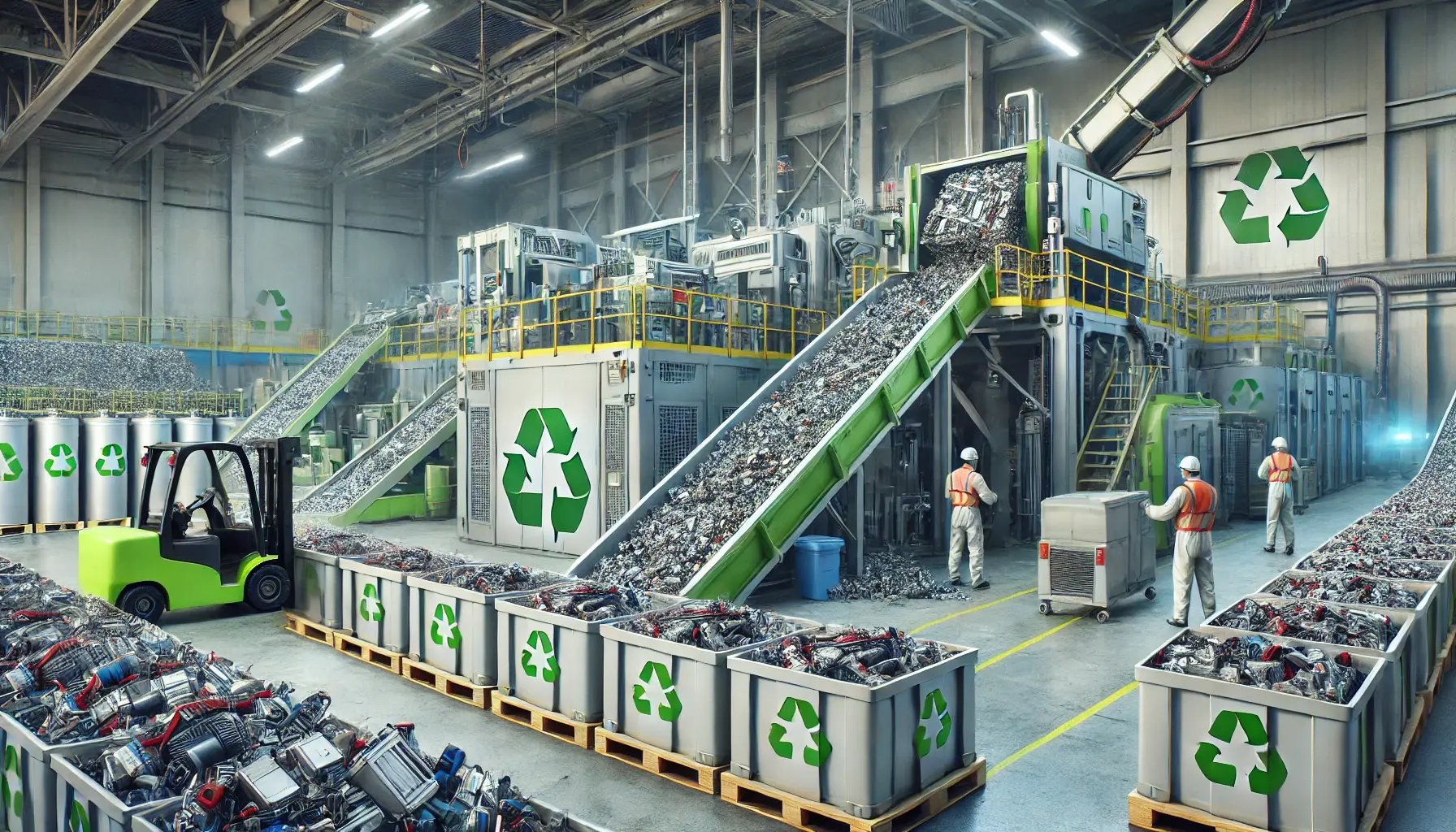
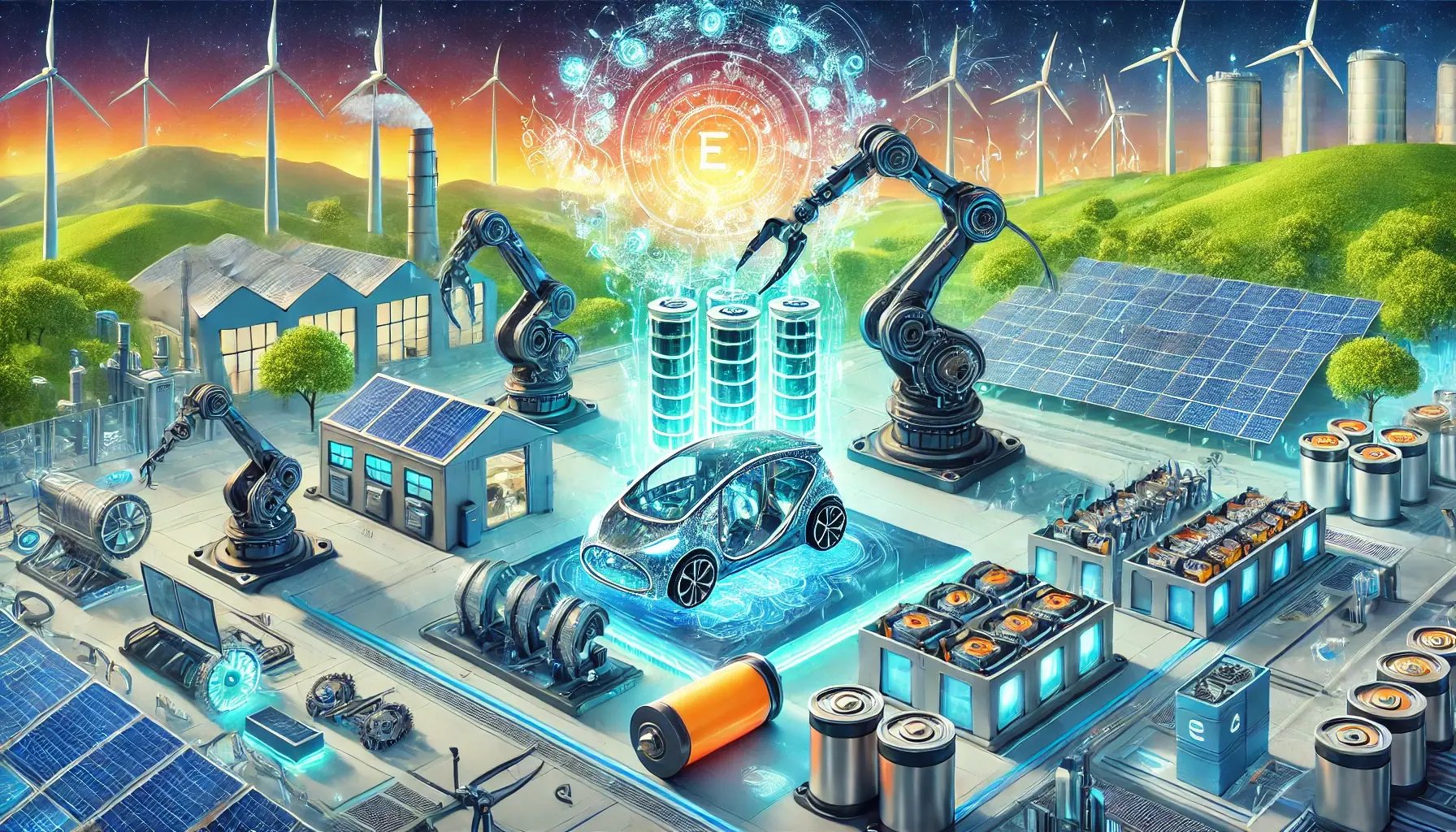


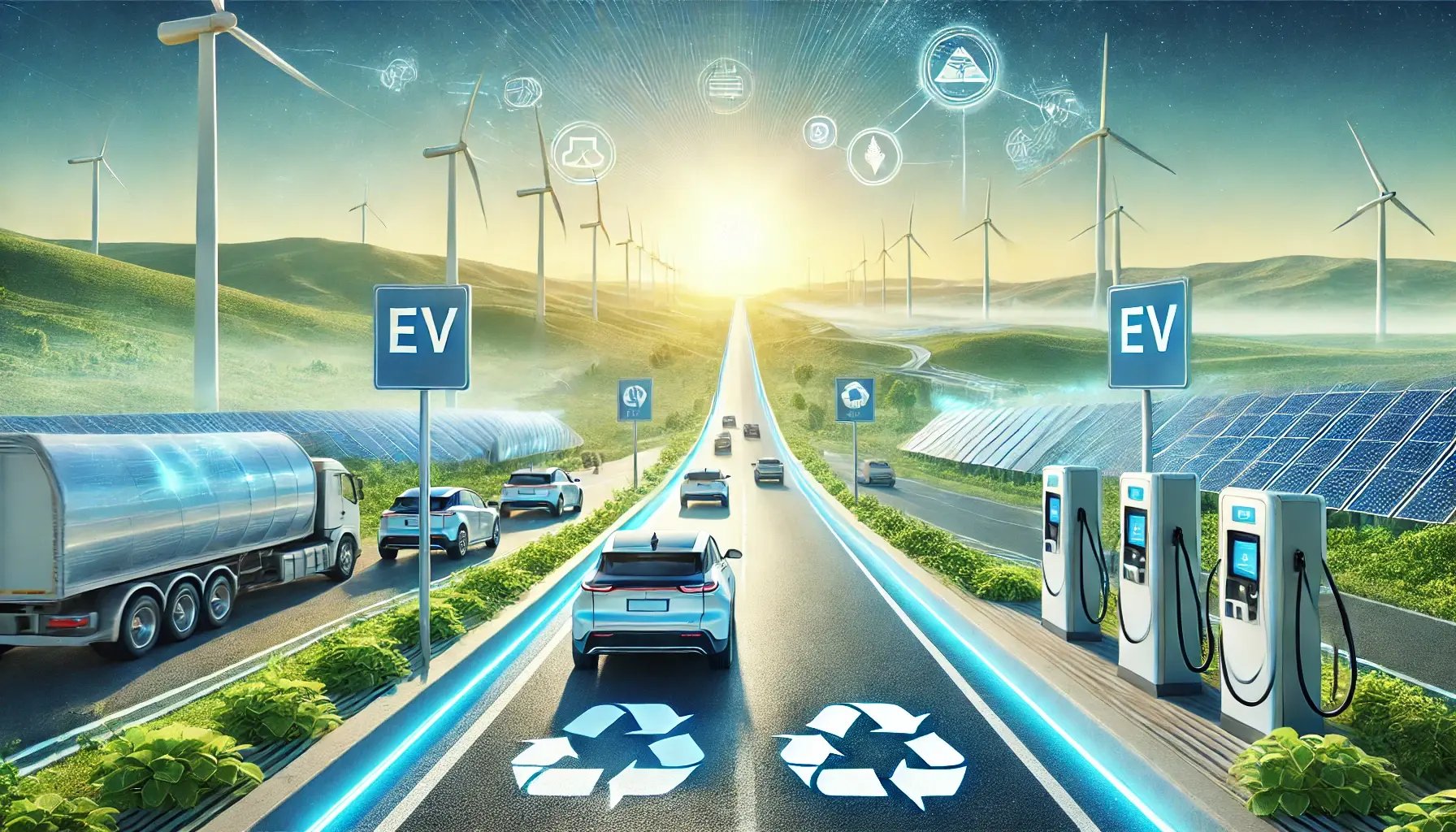
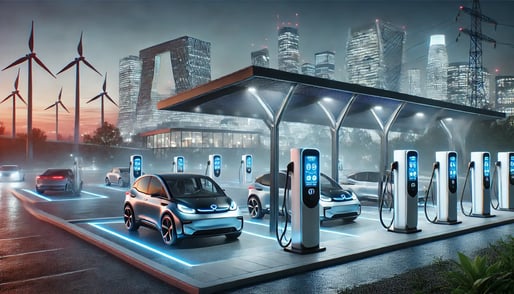
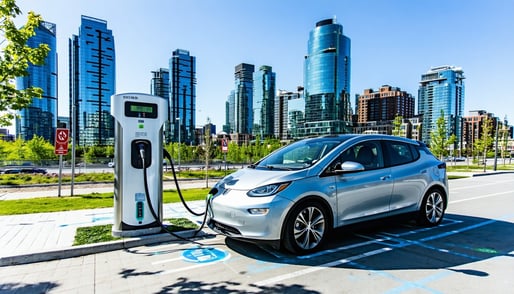
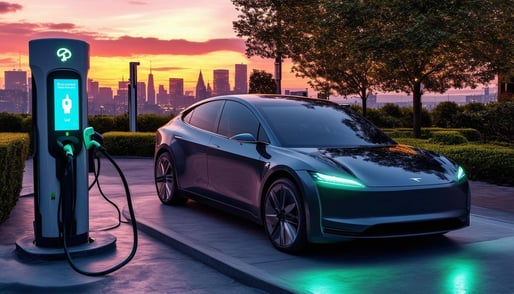
Comments